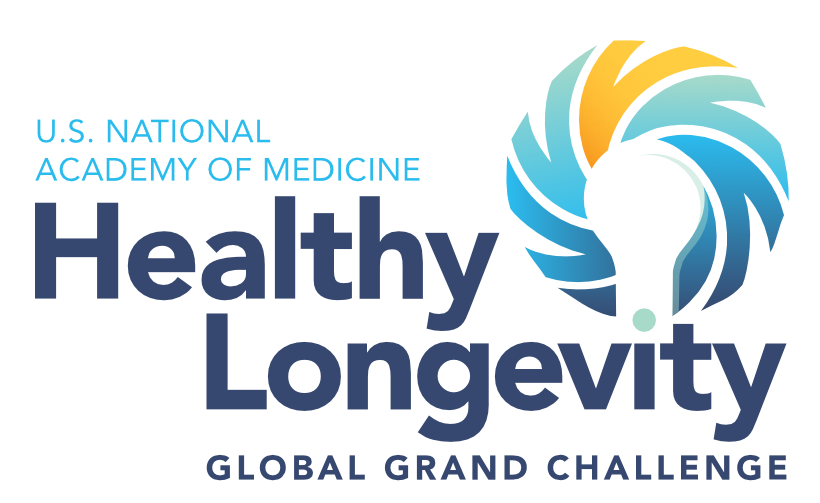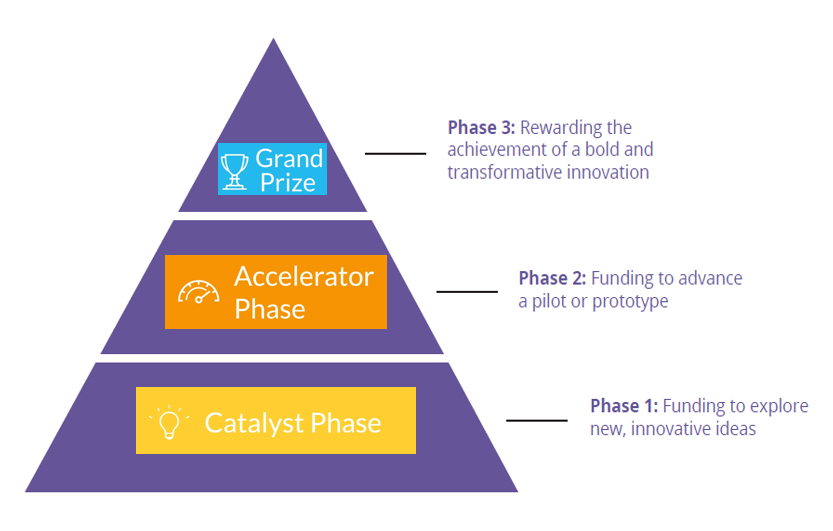
We're thrilled to announce that Xander won a Catalyst Award in the Healthy Longevity Global Grand Challenge!
The international competition was founded by the U.S. National Academy of Medicine (NAM), to accelerate research, innovation, and entrepreneurism and recommend strategies for global societies to maintain the health and productivity of aging populations. This year of the 1,200 global proposals received, 130 were selected for awards and Xander was one of 25 innovative ideas chosen by the NAM to receive the Catalyst Award.
The award gives us $50K to pursue a lightweight study to show that AR captions increase comprehension, social connection, and mental health. Winning the award also sets us up for consideration in the next two annual phases of the global competition (more money, more opportunity!).

More about this...
In 2030, for the first time in recorded history, the old will begin to outnumber the young. This demographic shift poses significant social, economic, and health challenges, including how to maintain physical, mental, and social health and well-being as we live longer. In the U.S. alone, 1 in 3 people between the ages of 65 and 74 has hearing loss. Nearly 50% of those older than 75 are hard of hearing.
Research shows that hearing loss is a major risk factor for dementia. The brain struggles to cope with the constant strain of understanding speech, and that causes cognitive decline. While hearing aids can help, many people still must exert a lot of mental effort to follow conversations. To compensate for hearing aids' shortcomings, people use visual communication methods like sign language, lip reading, and captions/subtitles. XanderGlasses build on these behaviors, letting people use vision to supplement hearing whenever and wherever conversations occur, making it easier to understand what others say.
The NAM Catalyst Award enables us to demonstrate that XanderGlasses can improve cognition, mental acuity, and reduce stress on the brain, which can prevent cognitive decline. Our glasses will make it easier to communicate with people, stay social, be active, go to restaurants, and talk to family. They can give people a boost of confidence and self-reliance, enabling them to advocate for themselves and remain sharp when talking to doctors. This can contribute to healthy longevity by helping people to stay active in their families and communities, remain in the workforce and contribute to the economy, and enjoy fulfilling and productive lives well into their later years.